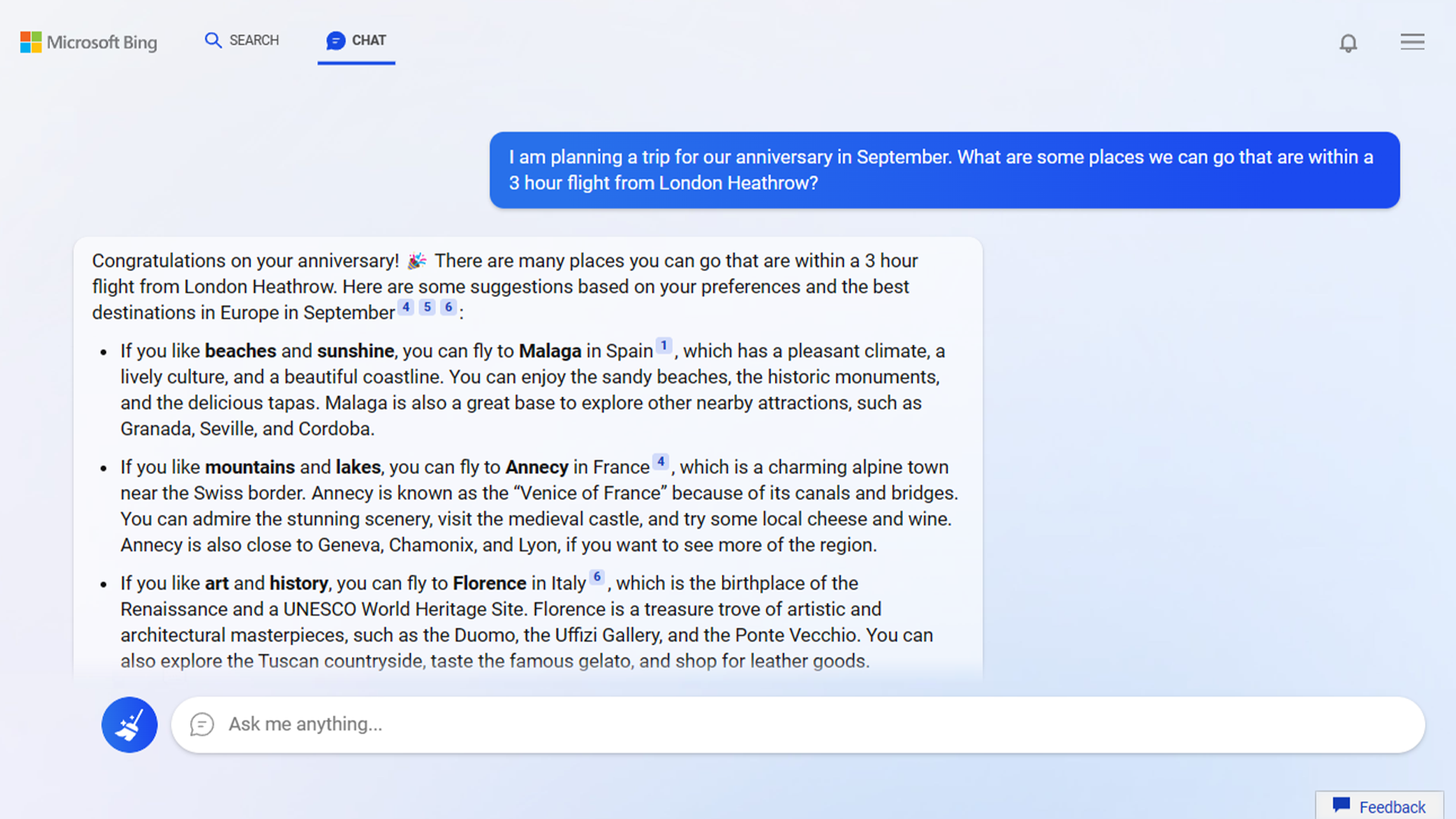That being said, this doesn’t mean that the government will be regulating ChatGPT. Instead, Khaled told Free Malaysia Today that his ministry is working providing guidelines on what to do and what not to do when adopting these AI technologies as tools. “It cannot be seen as a tool that is an end in itself. If we do this, then the learning process will be taken over by machines,” opined the minister. Regarding how widely the AI-driven tool is currently used in the country’s institutions, he did not seem to have an immediate answer. Back in January, Khaled proposed a white paper called “A New Horizon for Science, Technology and Innovation — A Strategy for Malaysia” to preparte the ministry to manage technological changes in teaching and learning. It aims to assess the effects and strategies of the ministry in managing various current and future technological disruptions to teaching, learning, and the governance of higher education institutions. ChatGPT, a chatbot powered by OpenAI’s GPT-3 AI model, made its public debut back November and swept the world of academia with its ability to instantly write essays on complicated topics. This also led to many colleges and universities to adopt software that can detect content written by AI, with ChatGPT’s role in academia being a widely debated topic. Earlier this week, OpenAI released an update to its AI model called GPT-4, which is claimed to be faster and more accurate. One of its most impressive achievements so far is that it is able to score in the 90th percentile of a simulated bar exam whereas its predecessor was only able to pass with a score in the bottom 10%. (Source: FMT)

